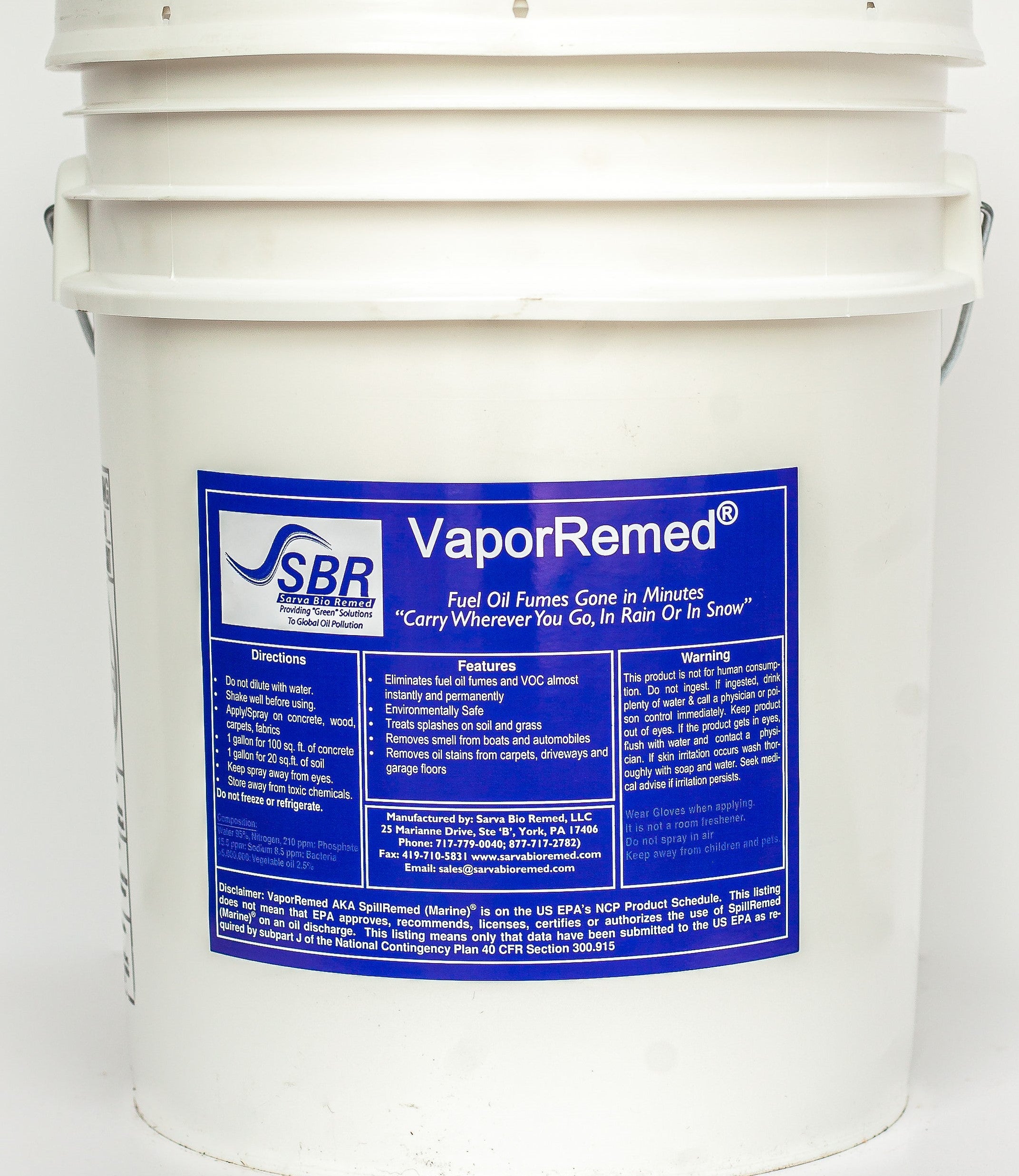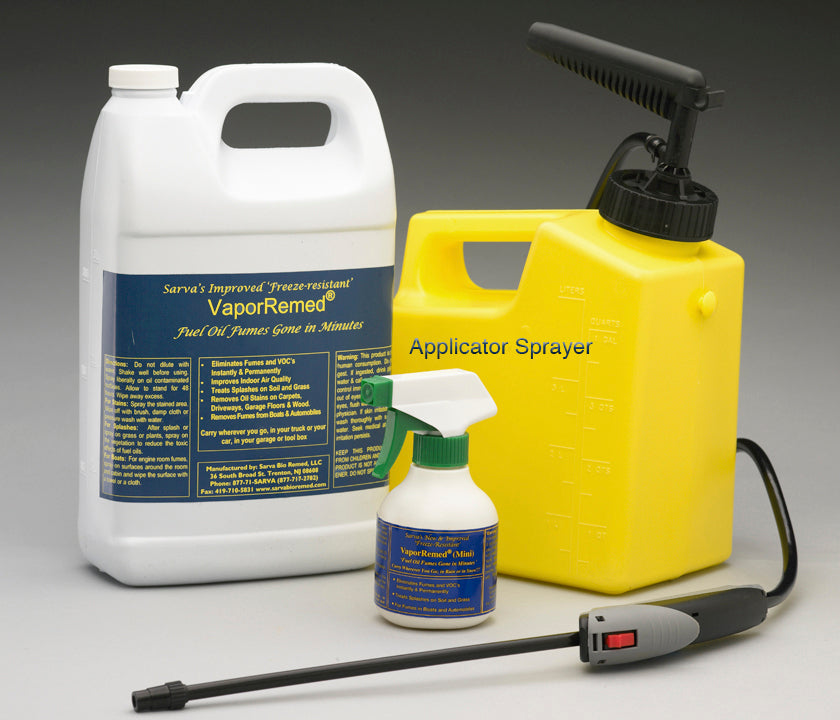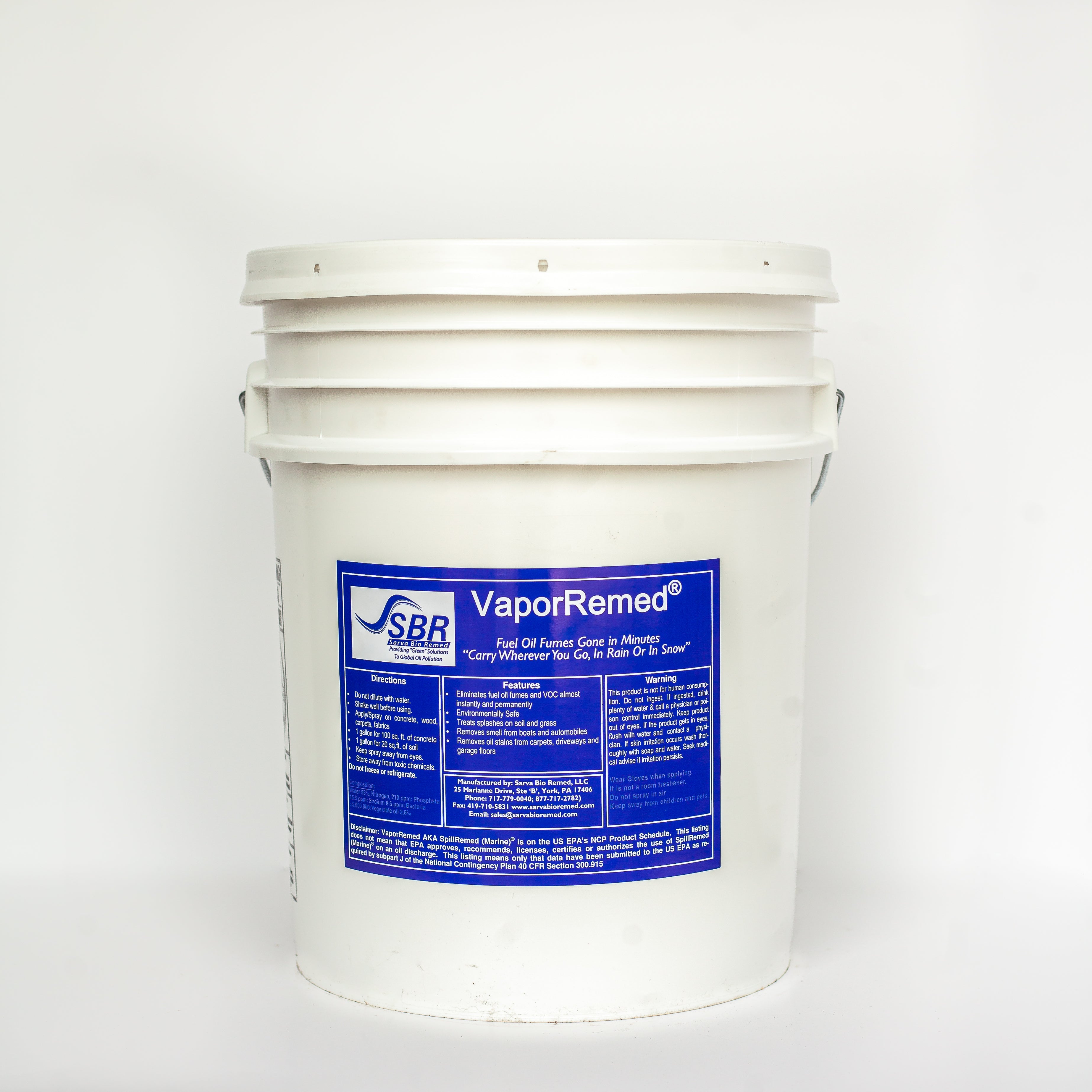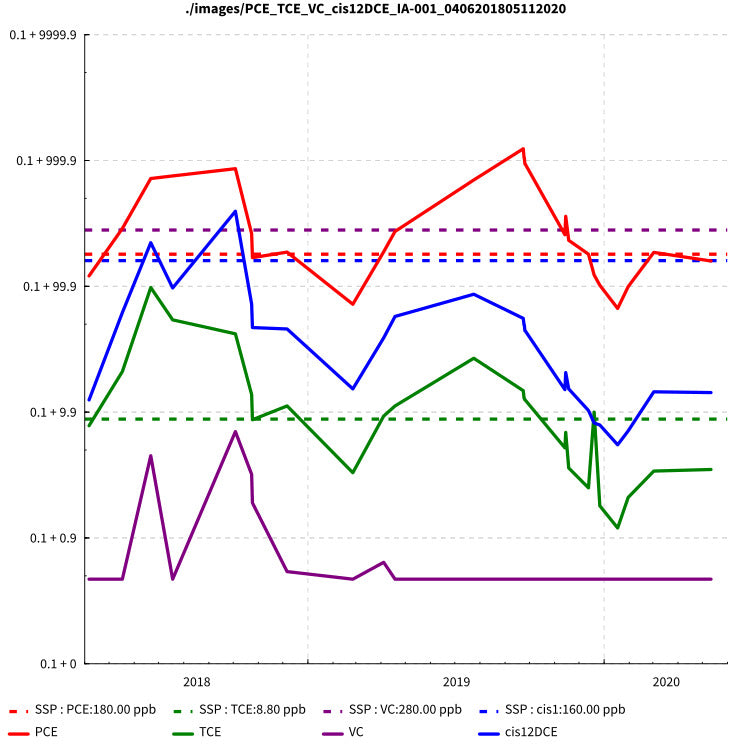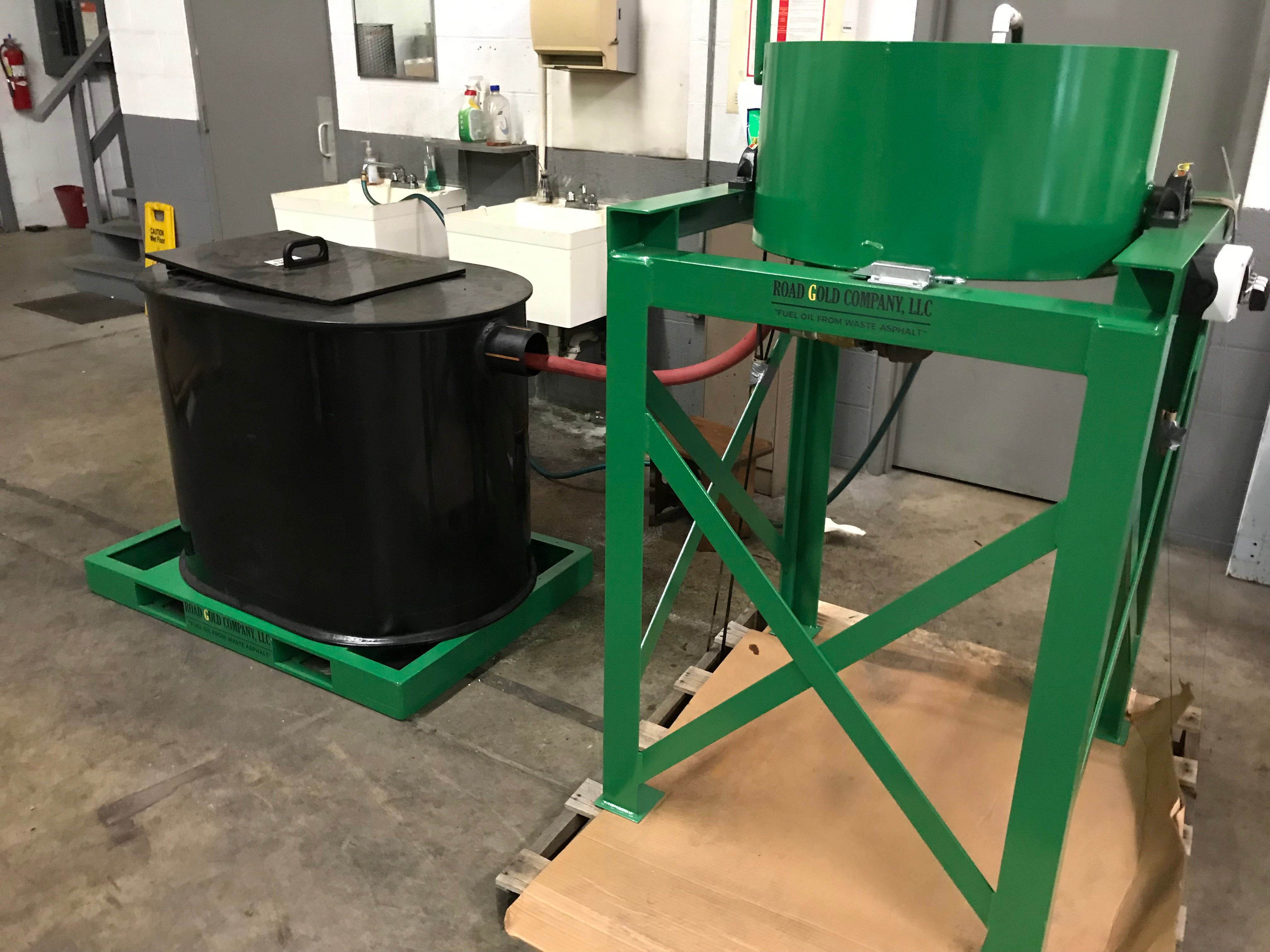News — VaporRemed
Down the Memory Lane: Case Study 9
VaporRemed was used to treat more than 200 gallons of home heating oil spilled in a garage in Virginia. The environment company treated it with VaporRemed and measured the odor with a Photo Ionization Detection (PID) meter. Carbon dioxide levels were also determined simultaneously in the injection wells to determine the activity of the bacteria in VaporRemed. It was seen that VaporRemed reduved the odor at the rate of at least 15% per everyday.
VaporRemed: Essential tool for Emergency Response
VaporRemed can be used as an emergency tool for any fuel releases. It has been shown during a accidental release of home heating oil during refueling as shown in the video attached.
VaporRemed: Down the memory lane: Case Study 5.
Mitigation of vapor intrusion after release of heating oil at a residence in Virginia using VaporRemed.
"Mitigation Of Vapor Intrusion By Chlorinated Solvents Using Bioremediation Products At A Site In York, Pa: A Case Study" - Presented an AEHS 2020
A paper detailing the study on mitigation of vapor intrusion by chlorinated solvents by VaporRemed. The paper was presented at the 36th Conference on Soils, Sediments, Water and Energy held virtual at Amherst, Massachusetts in October 2020. The results show effective mitigation of vapor intrusion in the indoor air at a facility in York, Pennsylvania. The two year study presents data on bioremediation in soil, water and vapor intrusion.
US Patent No. 10,550,329 B2: Energy Efficient Method for Recovering Oil from Asphalt Waste utilizing Bioremediation.
The US Patent describes a cold water process for producing fuel oil from waste asphalt, oil sands, and other asphaltic material. The process is environmentally friendly and cost-effective. The process does not leave any carbon footprint.
